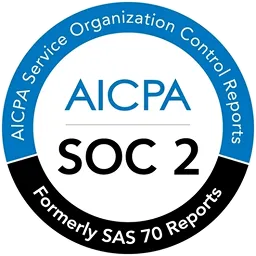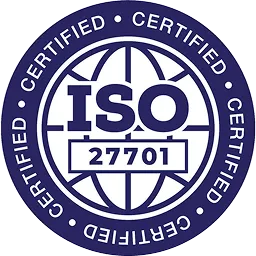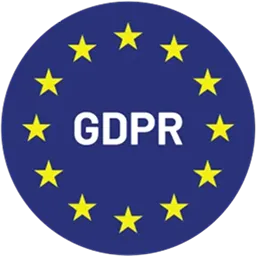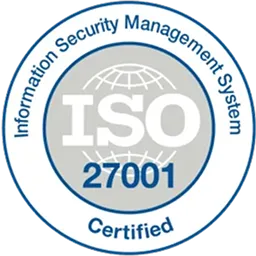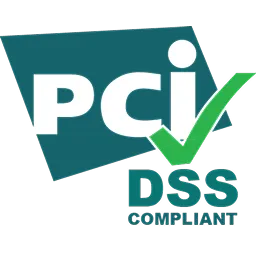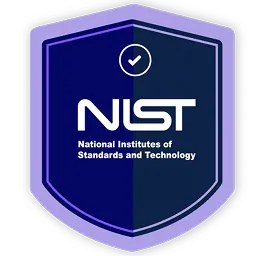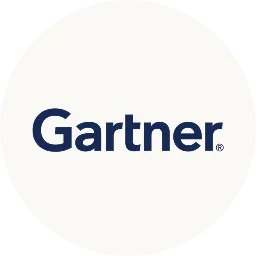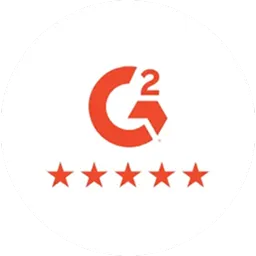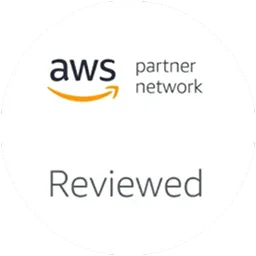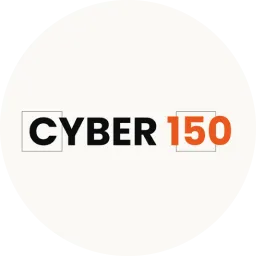Omada Identity is a recognized IGA solution, but sometimes, it may not be the best. Why so? There can be several reasons, like Omada's pricing structure, which might be costly for your budget. Thus, seeking various Omada alternatives is crucial in such a scenario.
While Omada may sufficiently address certain organizational needs, its usability or integration capabilities could fall short for others. Relying on a solution lacking alignment with operational aims risks impacting both productivity and performance.
For example, teams may find Omada's interface confusing, which can lead to frustration when managing user permissions or access governance. In such cases, exploring alternatives to Omada could prove beneficial.
We have created a list of the top 14 Omada alternatives and competitors for 2025, each providing valuable characteristics to refine processes and better satisfy an organization's specifications.
But first, it's crucial to understand Omada's limitations before making an informed decision.
Key Drawbacks Of Omada Identity
Let's discuss the main drawbacks of Omada Identity and their potential impact on your operations.
- One of the challenges with Omada Identity is the lengthy and complex initial setup process. This can slow down implementation and impact your team’s productivity.
- The system necessitates frequent user access, which can be cumbersome, particularly for those who use multiple tools on a daily basis. This constant need to log in or govern access through Omada Identity can disrupt workflows and reduce overall efficiency.
- The tool has a steep learning curve, with confusing menu labels like 'My Identities' instead of easier terms for user management. This learning curve can cause inefficiencies as your team navigates the platform.
If you've encountered these drawbacks or other limitations not covered here, don't let them hinder your access management and governance processes. Read on to discover alternative solutions that offer more comprehensive functionalities.
List Of 14 Best Omada Alternatives For 2025
Here’s a curated list of the top Omada alternatives to help you optimize identity governance and boost your organizational efficiency.
1. Zluri

Access governance, a key part of IGA, helps you manage and secure access across your organization. This is where Zluri comes in. Zluri offers an access review solution that simplifies your access governance process by giving you complete visibility of who has access to what in your organization.
The platform allows you to monitor user permissions regularly. Once monitored, you can auto-remediate the user access levels based on their job role. For instance, you can revoke access if a user in your marketing department does not require access to a finance app. This ensures that each user only has the access they need. Moreover, this transparency reduces compliance risks, builds trust with auditors, and keeps you compliant.
In addition, Zluri’s platform shows inactive or orphaned accounts, which often go unnoticed. While reviewing the users’ access to a particular app, you can check the accounts properly and take action accordingly. This will remove potential security threats, ensuring only active, authorized users retain access.
Now, let’s take Microsoft Intune as an example to see how you can automate access review in Zluri.
Pros
- Zluri offers over 300 direct API integrations, providing extensive connectivity options. This capability enables your team to complete visibility into users’ access. This view helps you review the users’ access smoothly.
- Zluri accelerates the review process, allowing your team to complete reviews up to 10 times faster while maintaining precision and accuracy.
- Zluri helps you automate the access reviews more efficiently and reduces manual effort by up to 70%. This automation provides actionable insights, helping your team make informed decisions more quickly and ensure compliance.
Cons
- Zluri may not be the best fit for smaller organizations or startups with 50-60 users, as its features and capabilities are tailored for SMBs and larger enterprises.
Customer rating
- G2: 4.8/5
If you're ready to explore Zluri firsthand, schedule a demo session today!
2. Lumos IGA
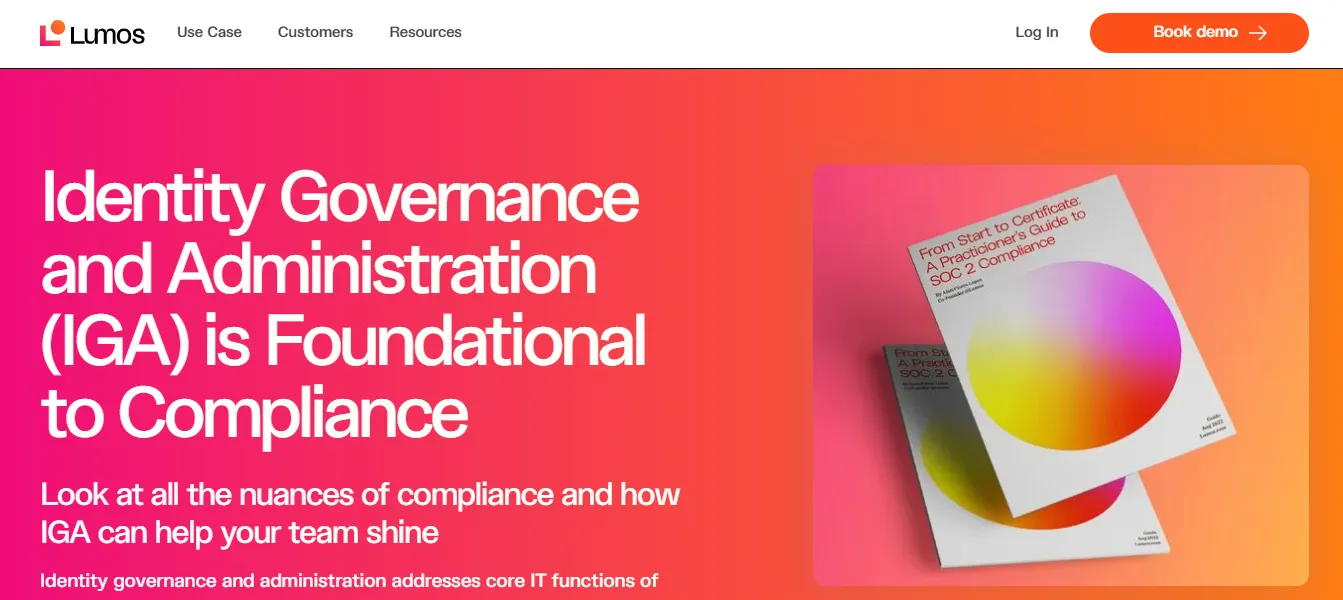
Lumos IGA is one of the best Omada alternatives. It offers an identity and access governance solution that simplifies compliance management and strengthens your organization’s security framework.
The tool offers continuous monitoring, documentation, and enforcement of compliance standards. Its comprehensive access insights help reduce compliance risks, allowing your team to effectively manage identity governance and meet regulatory demands.
Pros
- Lumos significantly speeds up the access review process. This allows your team to complete access reviews faster, freeing their time for other tasks and enhancing overall productivity.
- Lumos helps you gather evidence for audits. This enhances productivity and significantly simplifies the jobs of both your IT and GRC teams, ensuring compliance.
Cons
- Lumos IGA's website does not provide detailed pricing information, which can lead to confusion and difficulty comparing it with other tools. The lack of transparency regarding plans and pricing tiers may hinder informed decision-making.
Customer Rating
- G2: 4.8/5
3. RSA Identity Governance & Lifecycle
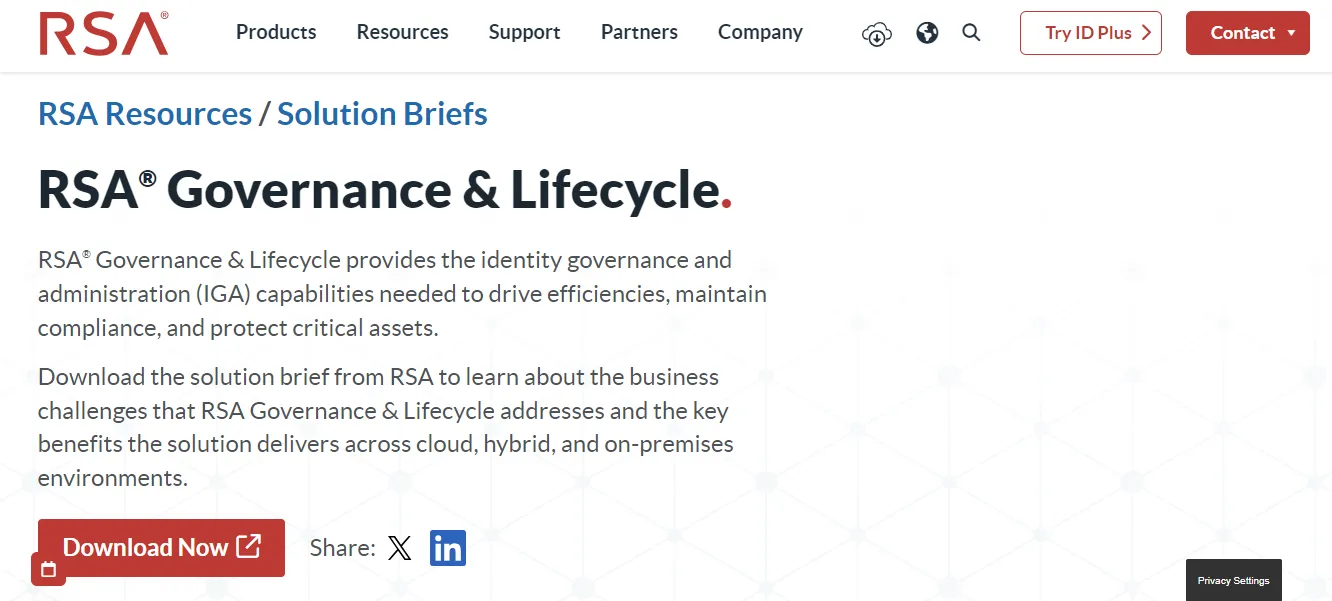
RSA Governance & Lifecycle is an identity governance and administration (IGA) solution that equips IT teams with extensive tools for managing identities and access. One of its standout features is the streamlined access certification process, which automates the review and validation of user access rights. This ensures that access is granted only to authorized users, simplifying the management of access levels.
Pros
- RSA Identity Governance can be easily integrated with your existing tools. This will help you monitor your users’ access to these tools and govern them efficiently.
- RSA excels in providing comprehensive access visibility through advanced risk-based analytics. This enables your team to enhance security and streamline identity governance effectively.
Cons
- The RSA’s access review reporting feature lacks clarity. As a result, your team may find it difficult to obtain proper information about users’ access and permissions, which will hinder your decision-making while reviewing their access.
- Migrating from another IGA tool to RSA can be challenging due to its complex setup. Your team may need additional time, which can slow down your regular tasks, like access review.
Customer Rating
- G2: 4.7/5
4. Okta Identity Governance

Okta's Identity Governance simplifies the complexities of identity management and governance. This Omada alternative helps your organization meet compliance challenges, enhance security, and improve operational efficiency all from a single platform. The platform discovers users and permissions across your stack and governs them by enforcing least privilege, minimizing security risks and administrative burdens.
Pros
- Okta Identity Governance provides customizable workflows that empower your team to automate tasks. This flexibility allows you to automate the remediation process while reviewing the users’ access.
- Moreover, the wide range of user verification options enhances convenience, making it easier for your team to manage identities securely. These features simplify identity governance and support your organization’s security and compliance goals.
Cons
- One significant drawback of Okta Identity Governance is its high cost, making it less suitable for organizations with limited budgets. The pricing plans can be confusing as every capability adds to the cost. This leads to unexpected expenses and impacts your decision.
- Configuring directories and user synchronization can be time-consuming and complex. This can strain your team and hinder its efficiency in effectively governing identities and their access.
Customer Rating
- G2: 4.5/5
5. Saviynt IGA
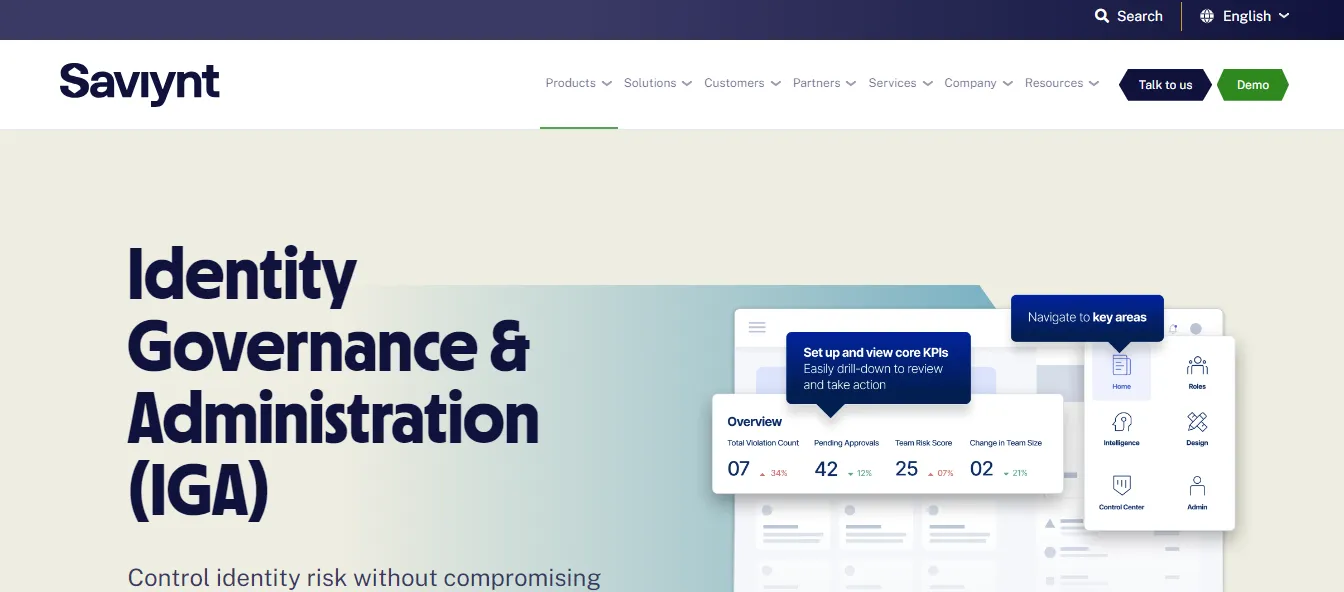
Saviynt IGA, one of the notable Omada alternatives, is a suitable platform to streamline your governance processes. Saviynt IGA enforces stringent compliance measures. This helps your organization adhere to regulatory requirements, implement segregation of duties (SoD), and prevent unauthorized access, thus mitigating compliance risks.
Pros
- Saviynt offers an access risk assessment feature. This allows your team to proactively identify and evaluate potential access risks across your organization.
- Saviynt’s access certification feature streamlines the process of validating user access rights. This simplifies compliance audits and enhances security by ensuring that users retain only access relevant to their current roles.
Cons
- A specific concern arises when users switch roles within your organization; their entitlements should be updated automatically. Unfortunately, Saviynt IGA sometimes fails to execute these updates accurately. This will hinder your access review process as the access levels are not updated automatically.
Customer Rating
- G2: 3.5/5
6. Symantec IGA

Symantec IGA is one of the prominent competitors to Omada. It provides a platform that automates user access governance processes, improving productivity and your organization’s security posture. It facilitates the review and approval of entitlements. It supports a least-privileged access approach, ensuring users receive only the necessary access and maintaining a secure environment.
Pros
- The platform offers a unified solution for user provisioning and governance. This ensures timely and appropriate access to applications and data, enhancing overall access governance and security.
- One of Symantec IGA's key strengths is its robust reporting and auditing features. These capabilities provide your team with comprehensive insights into identity access and governance activities, enabling better compliance management.
Cons
- One notable drawback is its limited troubleshooting capabilities. This can lead your team to experience delays in addressing problems, which can hinder your ability to ensure seamless identity governance processes.
- Additionally, the tool's difficulty in enforcing custom approval workflows can result in inefficiencies and gaps in the access management process. This limitation may compromise the effectiveness of your access controls and increase the risk of unauthorized access.
Customer Rating
- G2: 3.5/5
7. ForgeRock IGA

ForgeRock Identity Governance is one of the Omada alternatives. It uses its identity cloud, along with advanced AI and machine learning, to deliver effective access governance solutions for your organization. This integration ensures that access is precisely controlled, granting only the necessary permissions to each identity.
Additionally, ForgeRock Identity Governance provides robust tools for ongoing access certification. It enables regular review and validation of user access rights, ensuring that permissions remain appropriate and secure over time.
Pros
- One of the standout advantages of ForgeRock Identity Governance is its built-in authentication modules and centralized configuration options. These simplify the process of governing identities efficiently.
- With ForgeRock’s automated access review capabilities, your team can focus more on strategic initiatives. This leads to enhanced productivity and allows for more efficient management of access governance processes.
Cons
- The platform has limited reporting capabilities, which can impede your team's ability to monitor and evaluate access permissions thoroughly. This restriction may affect ensuring compliance and increase the risk of security breaches.
Customer Rating
- G2: 4.4/5
8. Bravura Security
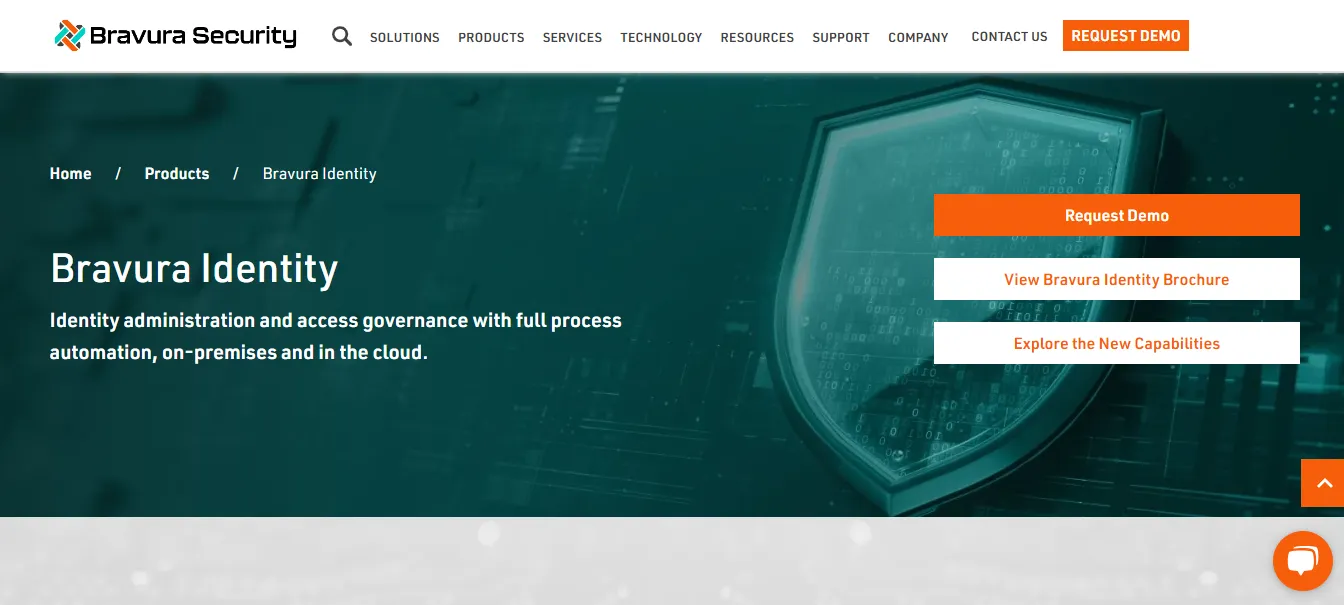
Bravura Security (formerly Hitachi ID) streamlines the management of the entire identity lifecycle, from user provisioning and access certification to deprovisioning. This platform provides a centralized view of user identities and access rights, enabling your team to efficiently create and manage user accounts, assign appropriate access privileges, and ensure compliance with organizational policies and regulations.
As one of the Omada alternatives, Bravura Security excels at enforcing detailed access controls. Its user-friendly interface allows for the configuration of role-based access controls, segregation of duties, and establishment of approval workflows.
Pros
- Bravura Security streamlines the workflow for processing access requests. This helps you review the access and take action accordingly.
- It boasts robust cybersecurity features, including comprehensive password and identity management capabilities. These features improve operational efficiency and ensure that identities are governed effectively and securely.
Cons
- Bravura Security can occasionally experience performance slowdowns, which may disrupt workflows. These delays can hinder your efficiency of access governance processes.
Customer Rating
- G2: 3.4/5
9. SailPoint

SailPoint offers a robust identity governance and administration (IGA) solution. This serves as an effective alternative to Omada Identity, especially for organizations looking for more streamlined and efficient user access governance.
SailPoint's platform enables the implementation of granular access controls through role-based access controls (RBAC) and attribute-based access controls (ABAC). These features allow IT admins to define and enforce precise access policies based on user roles, responsibilities, and other contextual factors, thereby strengthening security postures and minimizing risks associated with unauthorized access.
Pros
- SailPoint excels in automating access reviews and policy enforcement, significantly simplifying the management of user permissions.
Cons
- SailPoint Identity Security is expensive, and the pricing details are not transparent. This hinders your ability to compare it with other tools and make an informed decision.
- The platform has a steep learning curve that may require significant time and resources for your team to master. This could potentially slow down your identity governance initiatives and impact overall productivity.
Customer Rating
- G2: 4.4/5
10. Oracle Identity Governance
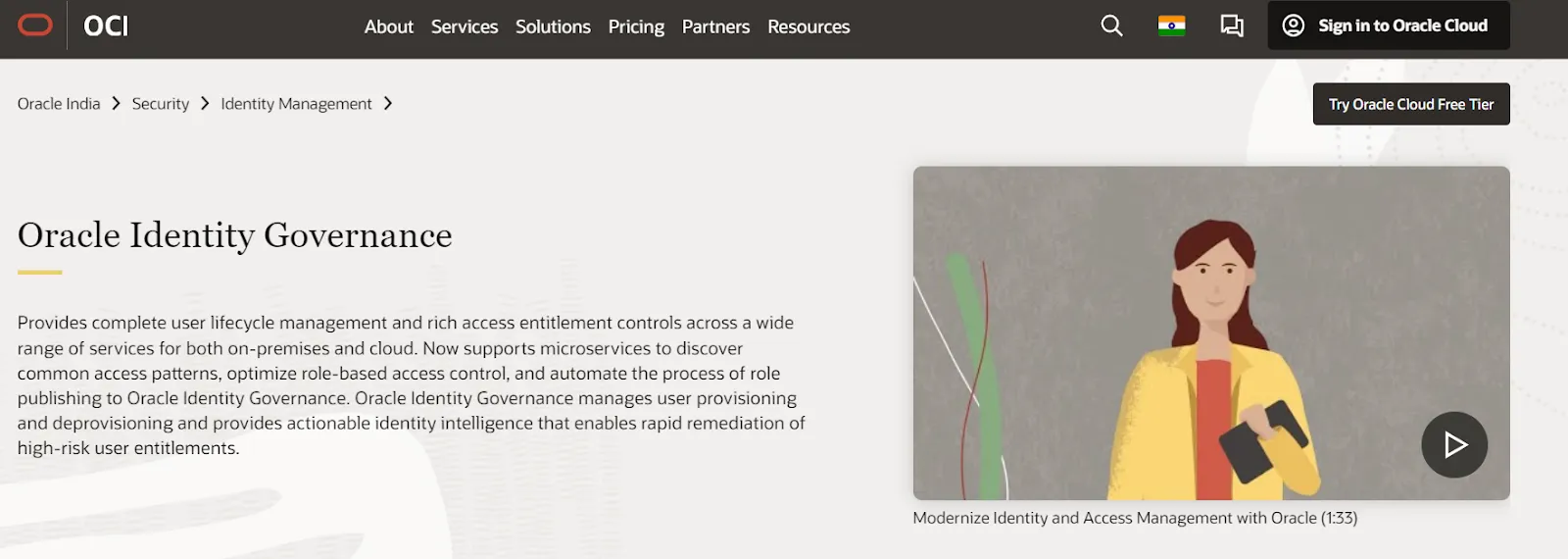
Oracle Identity Governance, one of the best Omada competitors, streamlines the complete user lifecycle management and access entitlement controls. This helps you to govern the users’ access and remediate the high-risk user entitlements. Oracle optimizes your organization’s access control with advanced AI and ML technologies.
Pros
- Oracle Identity Governance simplifies the assignment of roles and permissions during employee onboarding. This ensures that users are granted the appropriate access they need and remain compliant.
- The SSO feature streamlines the authorization and authentication process across applications. This strengthens your organization’s overall identity governance by ensuring that identities are managed effectively and securely.
Cons
- Implementing new enhancements in Oracle Identity Governance can be challenging due to the complexity of customization. This makes it difficult to adapt the system to your governance needs.
- Users are required to manage a single password to access various integrated applications. These credentials could be vulnerable, potentially exposing sensitive data and impacting your organization’s identity governance efforts.
Customer Rating
- G2: 3.7/5
- Capterra: 4.4/5
11. SAP Cloud Identity Access Governance
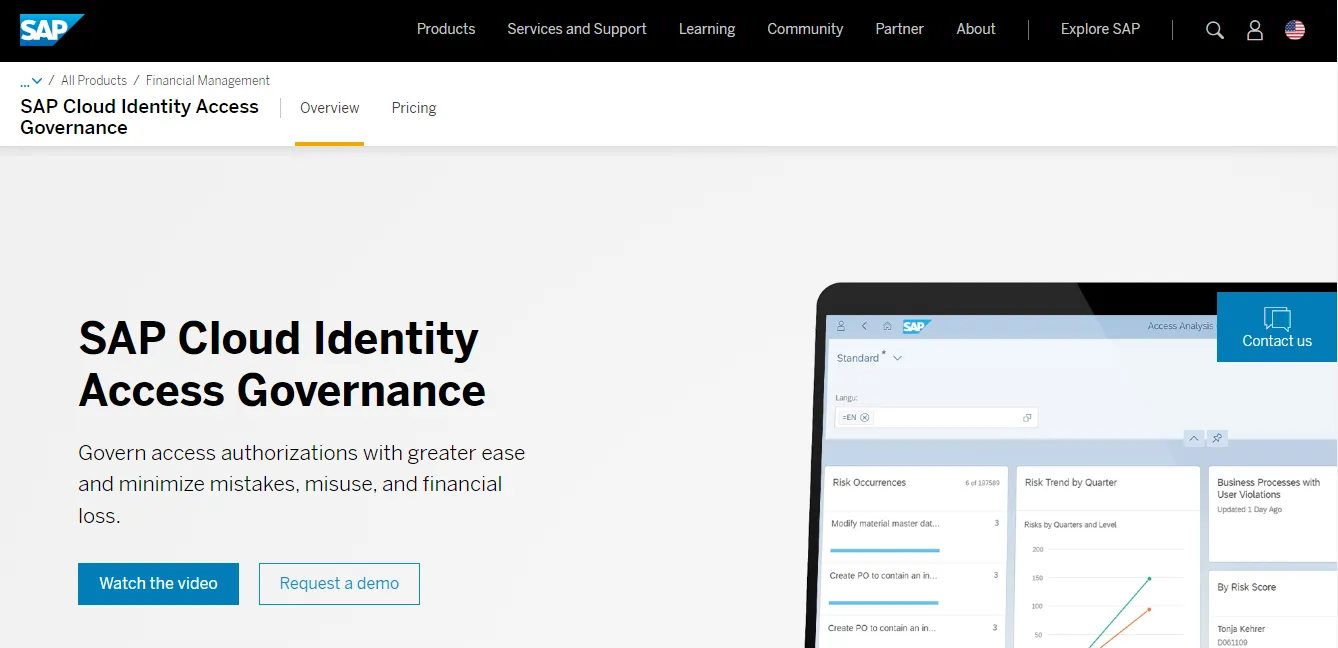
SAP Cloud Identity Access Governance is one of the best Omada alternatives. It helps you govern access authorizations easily. The platform automates the processes of access reviews and certifications. This automation provides a systematic and streamlined approach to reviewing and validating user access and ensures that privileges are appropriately assigned and maintained.
Pros
- SAP Cloud Identity Access Governance streamlines your access governance through its GRC environment. This centralized approach allows your team to efficiently manage and govern user access based on their roles and profiles.
Cons
- SAP Cloud's website lacks detailed pricing, making it difficult to compare it with other tools. This lack of transparency around pricing plans and tiers can create uncertainty and may complicate your decision-making process.
- The extensive customization can make initial configurations challenging and may lead to a steep learning curve. This can hinder your ability to govern users' access and require additional training.
Customer Rating
- Capterra: 4.5/5
12. IBM Security Verify Governance

IBM Security Verify Governance, a notable Omada competitor, offers an IGA solution. The tool helps you provision users, audit their access to your resources, and generate reports, which helps you ensure security and compliance. It also improves regulatory adherence through automated IT audits, closed-loop compliance processes, and GDPR-specific controls. Further, it eliminates the manual efforts often associated with compliance in systems like Omada.
Pros
- Its ability to integrate seamlessly with other IBM products enhances its utility. This gives you the capability to manage, verify, and govern user access across all your IBM products.
- The platform features risk-based analysis, password protection, and multi-factor authentication, ensuring a comprehensive security approach and complete governance over identities and their access privileges.
Cons
- The tool’s integration with third-party applications can be challenging. This may hinder your visibility to these apps and further impact the regulation of users’ access.
- The solution's high cost can strain your organization’s budget. Calculating the potential return on investment can be difficult, which can further impact your decision-making.
Customer Rating
- G2: 4.3/5
13. Microsoft Entra ID Governance

Microsoft Entra ID Governance offers an alternative to Omada Identity that helps you ensure that only authorized users have the right access to the right apps. It automatically creates user identities and roles in the apps that your users need to access. It also removes user identities as status or roles change. This protects access to your resources and data using risk-based adaptive access policies.
Pros
- One of the standout features of Microsoft Entra ID Governance is its seamless integration with Office 365 products. This ease of integration enhances your visibility into users’ access and ensures compliance by effectively reviewing them.
- The numerous attributes available through SCIM provisioning are invaluable for creating robust access posture policies, which allow your team to manage identity governance effectively.
Cons
- One challenge with Microsoft Entra ID Governance is the difficulty in identifying initial configuration failures related to SSO. This lack in misconfiguration detection would significantly aid in troubleshooting, further resulting in lack of control over identities.
- The setup and configuration process of this tool can be quite complex. This complexity can lead to delays and increased workload, ultimately hindering your identity governance process.
Customer Rating
G2: 4.5/5
14. MiniOrange

MiniOrange offers one of the compelling Omada alternatives with its comprehensive suite of Identity Governance and Administration (IGA) features. The tool focuses on securing identities and ensuring easy access across diverse environments. Moreover, MiniOrange offers a more agile and user-friendly approach that allows your team to adopt and use it effectively.
Pros
- MiniOrange provides a wide range of integration capabilities. These will give you proper visibility into your users’ access, making reviewing the access smoother.
- The minimal Total Cost of Ownership (TCO) associated with MiniOrange makes it an attractive option. This is mainly if you’re looking to enhance your security infrastructure without incurring significant expenses.
Cons
- MiniOrange offers limited audit reporting capability. This limitation can make it difficult for your team to review your users’ access completely.
Customer Rating
- G2: 4.5/5
Manage & Govern Access with Top Omada Alternatives
So, here you have it: an overview of the 15 best Omada alternatives & competitors. Each tool has strengths that align with different aspects of identity governance and administration. To choose a suitable one, start by evaluating your primary goals, whether they are improving security, streamlining user access, or enhancing compliance.
Moreover, consider each option’s key features and how they fit within your current IT ecosystem. Some tools offer seamless integrations, while others excel at automation or customization. Analyze your team’s expertise and how easily they can adapt to a new system.
By analyzing these aspects, you ensure that the chosen IGA platform fits seamlessly with your requirements and can grow with your organization’s needs.
Frequently Asked Questions (FAQs)
1. What features should I look for in an IGA solution?
When considering an IGA solution, look for features that enhance security without compromising ease of use. Key features include automated access reviews, role-based access control, multi-factor authentication, and more. Advanced features like AI-driven risk assessments and seamless integration with existing IT infrastructure can also be crucial.
2. Can these Omada alternatives integrate with my existing technology stack?
Most modern IGA solutions are designed with flexibility in mind and can integrate with a wide range of cloud and on-premises applications. Look for solutions that support standard protocols and offer extensive API access to ensure compatibility with your existing technology stack.
3. How can I evaluate the effectiveness of Omada alternatives?
To evaluate the effectiveness of Omada alternatives, consider setting up a pilot program or demo with any of the vendors above. Monitor how well the solution integrates with your systems, its impact on operational efficiency and how well it can govern all the user’s access throughout your organiaztion.









.svg)



